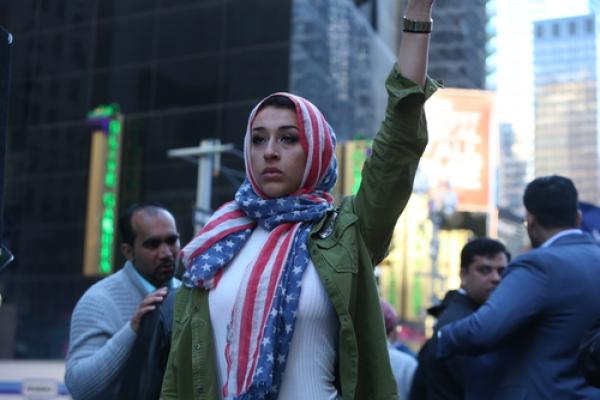A federal judge in Hawaii is gaining recognition for temporarily freezing Trump’s revised travel ban hours before it went into affect. Hours after the ruling, a Maryland judge has also suspended a portion of the ban that prevented visas being issued to nationals of the six countries.
In a 43-page ruling, U.S. District Court Judge Derrick K. Watson placed a temporary restraining order on the ban which restricts immigration of citizens from six Muslim-majority countries.
In the ruling, Watson claims the executive order violates First Amendment rights. He also questioned the government’s motivations behind the ban’s claim to national security, calling the government's actions an “unprecedented judicial overreach.”
He went on to say that the ban undoubtedly discriminates against Muslims — even if it is constructed to make the public believe otherwise.
"Equally flawed is the notion that the Executive Order cannot be found to have targeted Islam because it applies to all individuals in the six referenced countries," Watson wrote.
"It is undisputed, using the primary source upon which the Government itself relies, that these six countries have overwhelmingly Muslim populations that range from 90.7% to 99.8%."
Judge Watson’s ruling came from a lawsuit filed by Hawaii, according to The Guardian. In the case, State of Hawai'i and Ismail Elshikh vs. Donald J. Trump, the state of Hawaii claimed that the ban hurt Hawaii’s tourism industry and negatively affected businesses and universities’ ability to recruit talented individuals from the banned countries. The plaintiffs also pointed out that the ban would continue to hurt families like that of Ismail Elshikh — an imam of the Muslim Association of Hawaii and a U.S. citizen — whose Syrian mother-in-law’s visa is still on hold and could be denied under the new ban's restrictions.
Although the Justice Department will not challenge the ban, earlier today, Judge Theodore Chaung of Maryland issued a second restraining order on the ban moving the opposition forward.
The new ban differs from the old ban in very few ways: It removes Iraq from the list of restricted countries, no longer affects current visa or greencard holders from the banned countries, and removes language that seemed to give Christian refugees priority.
Got something to say about what you're reading? We value your feedback!
